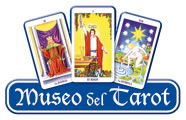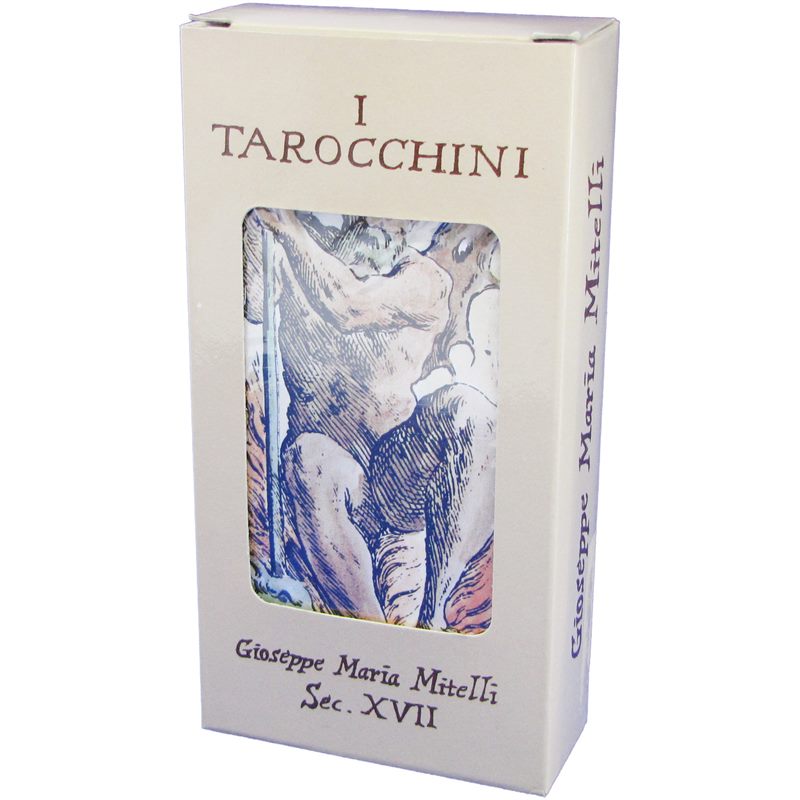En el siglo XVI se hizo una reducción de la baraja boloñesa que llevó el número total de cartas a 62, con la eliminación de las cartas numerales de 2 a 5 en cada palo, originando la llamada baraja Tarocchino (Tarot Pequeño). Edizione Specciale per la Biass.
El ejemplo conservado más antiguo de cartas Tarocchino pertenece al siglo XVIII, cuando el famoso grabador Giuseppe Maria Mitelli creó una baraja entre 1663 y 1669 para la familia Bentivoglio. Las Mayores no cuentan con el nombre de los sujetos y los números también se omiten.
En el tarot de Bolonia, el decimotercero triunfo cuenta con el traidor, que corresponde al hombre colgado del tarot de Marsella. Desde el siglo XV, los tarots utilizados en el noreste de Italia (no solo en Bolonia, sino también en Ferrara y Venecia, es decir, el grupo del este, o el patrón B de Dummett) solían incluir al Traidor entre sus triunfos.
En las ediciones modernas del tarot de Bolonia, este personaje aparece ahora como un hombre colgado de una pierna, pero su nombre local popular sigue siendo el Traidor.
Creador: Gioseppe Naria Mitelli.Fecha: 1660; 1978. País: italia. Editorial: Grafica Gutenberg. Tipo: Bolonia
In the 16th century, the Bolognese deck was reduced, bringing the total number of cards to 62, with the elimination of number cards from 2 to 5 in each suit, giving rise to the so-called Tarocchino (Small Tarot) deck. Edizione Specciale per la Biass.
The oldest surviving example of Tarocchino cards dates back to the 18th century, when the famous engraver Giuseppe Maria Mitelli created a deck between 1663 and 1669 for the Bentivoglio family. The Majors do not have the name of the subjects and the numbers are also omitted.
In the Bologna tarot, the thirteenth trump features the traitor, which corresponds to the hanging man of the Marseille tarot. Since the 15th century, the tarots used in northeastern Italy (not only in Bologna, but also in Ferrara and Venice, that is, the eastern group, or Dummett's pattern B) used to include the Betrayer among their trumps.
In modern editions of the Bologna tarot, this character now appears as a man hanging by one leg, but the popular local name for him is still the Traitor.
Creator: Gioseppe Naria Mitelli.Date: 1660; 1978. Country: Italy. Publisher: Gutenberg Graphics. Type: Bologna







